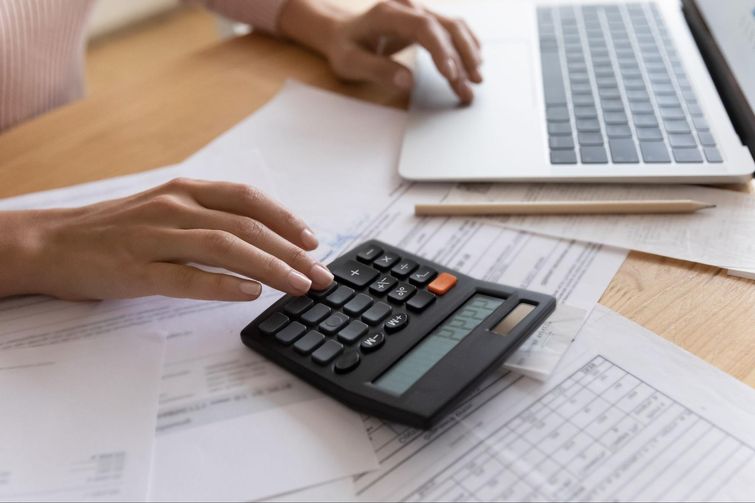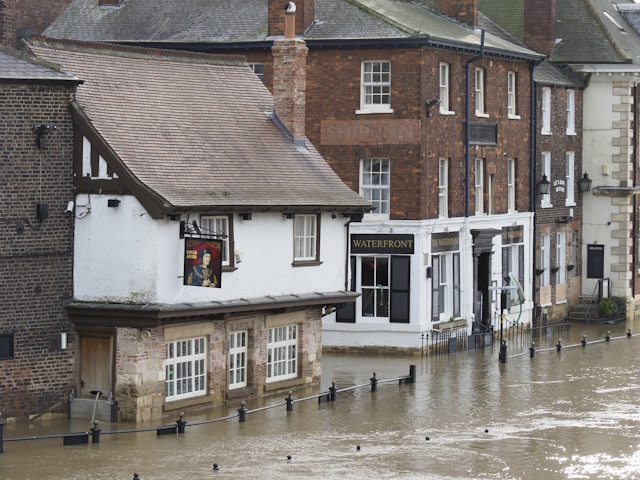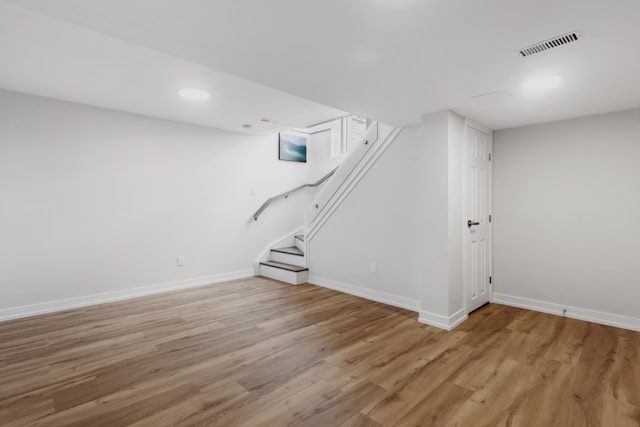There are plenty of reasons to rent property in Canada. Given the relatively high cost of buying a home, renting is the most affordable way for many people to live comfortably. If you’re planning to rent a property or already have one, there are some taxes that you need to consider. The good news is that there are plenty of rental property tax deductions available. Here’s everything you need to know about rental property tax deductions in Canada.
What are Rental Property Tax Deductions?
Getting a tax deduction, in general, is when you are eligible to lower the amount of taxes that you owe. By qualifying for rental property tax deductions in Canada, you can reduce the amount of taxes that you have to pay to the Canada Revenue Agency (CRA).
Rental property tax deductions are expenses that you incur while owning your rental property and they’re written off when filing your personal income tax return. The CRA sets the rules for what can be deducted, as well as the tax year and how much of a deduction can be claimed. Some rental property expenses can only be deducted in the year they are incurred, while other expenses can be deducted in the future.
Now let’s learn about the two types of rental property expenses in Canada.
Current vs. Capital Expenses
Current expenses refer to the costs that are paid regularly or repeatedly after a short period of time. Current expenses are considered to be operating costs that do not add value to the property itself. For instance, as you know one of the landlord’s responsibilities is making necessary repairs to comply with maintenance, health, and safety standards. The repair and maintenance costs are considered current expenses. You’ll always need to pay these kinds of bills on time, but they aren’t going to improve your property’s value over time.
While capital expenses, on the other hand, are expenses that aren’t deductible in the year they’re incurred but can be deducted over several years through depreciation. These include improvements to the property such as adding a new kitchen or bathroom, buying a new refrigerator, etc. These are one-time investments and they add value to your property.
You can check the questions that CRA provides to see whether the expenses are current or capital.
But you may wonder why you need to know details about these expenses. They are essential since you’ll be able to calculate deductible costs on your business income and will understand when you can deduct each expense. For instance, current costs are deductible the year it incurs, while with capital expenses you won’t be able to write off all of these costs in one year. But, you can deduct the portion of its expense each year.
Now, let’s dig into the tax deductions for a rental property in Canada.
Tax Deductions for Rental Property in Canada
Here is the list of deductible expenses in Canada.
- Advertising
Before finding tenants, you need to advertise your property so that people will know about it. Whenever you advertise your property in newspapers or on the internet, it is considered a deductible advertising expense.
- Home Insurance
In addition to property taxes, you may also be able to deduct insurance premiums for your rental property.
For example, you can deduct the cost of property insurance. These insurance premiums are deductible by property owners in the year they are paid. If you pay premiums across several years, you can only deduct the amount related to the tax year in which you file your taxes.
- Professional Fees
Professional fees also include accounting and legal fees. For instance, when you hire a property management firm for collecting leases, handling rents, auditing, bookkeeping, etc. – these legal and accounting fees can be deductible.
Note: However, legal fees required to buy a rental property, cannot be subtracted from gross rental revenue. Instead, divide them between the building and the land, then add them to the respective costs to which they belong.
- Mortgage Interest
You can also deduct the interest you pay on a mortgage for the rental property. You cannot deduct the mortgage principle, but interest payments, fees related to mortgage applications, insurance, appraisals, etc. are deductible. If you borrowed money to renovate the rental property, you can include those fees as well.
- Management and Administration Fees
These fees relate to expenses that you pay to a professional to manage your rental property. For instance, when you pay property managers to collect rent or perform tenant screening, these management fees are considered deductible.
- Repairs and Maintenance
Deductions for minor repairs and maintenance are allowed when the costs are incurred for the upkeep of a rental property, such as replacing broken appliances or painting. They are deductible the year they are incurred. While major improvements (especially referred to as business assets), which are capital in nature, are not deductible in the year they are incurred since they can last longer than a year.
So, distinguish between current and capital expenses to understand in which category your improvement applies.
- Travel Fees
You can deduct the cost of travel if it relates to reaching your rental property (not including the costs of lodging and board). But, you need to check motor vehicle requirements as well so you don’t make any mistakes. Check their website to find out more about this.
- Utilities
Utilities are the costs of providing electricity, water, heat, and cable to your rental property. These are deductible if your rental agreement states that you are paying for the utilities of your rental unit.
- Office Expenses
The supplies that you use for your business purposes such as pencils, stamps, paper clips, etc. are deductible. Office costs don’t include the supplies that you buy for your personal use or items that are considered capital expenditures, such as chairs, desks, etc.
- Property Taxes
You may ask “Can I deduct property taxes?” The municipality collects a specific amount of property tax from each property based on its location. You can write off the property taxes for the building and land where your rental property is located. Remember that you can only write off a portion of your property tax if you only rent out a section of your property.
- Prepaid Expenses
You need to pay for some items regarding your property in advance. You can deduct any upfront payments you’ve made for amenities on the real estate you own. Ensure to check the official website for more details.
- Other Expenses
Other deductible expenses include condominium fees, landscaping costs, etc.
Other Questions You May Have
- Can I write off property taxes? Property taxes paid for your rental property during the time it was offered for rent may be written off.
- Are condo fees tax deductible for a rental property? Yes, they are deductible in some situations. For more details, visit the Government of Canada’s website.
- What are not tax-deductible rental expenses in Canada? These include penalties, your personal labour, land transfer tax, mortgage principle, etc.
This was a guide to a Canadian tax deduction for rental property. Make sure to check them to avoid any further mistakes. If you have any questions on how to manage your rental property, don’t hesitate to contact us.





